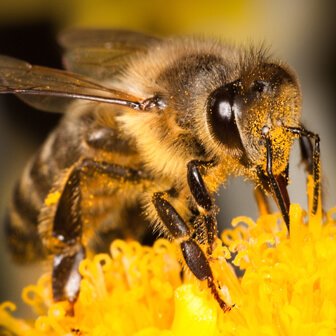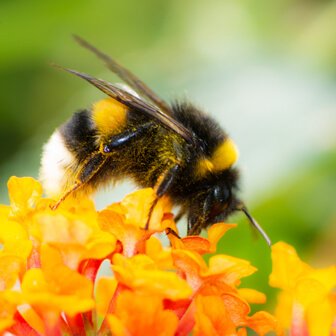- Call Us FreePress To Call Us
- 0800 158 3504 | 01865 477311
Wasps, hornets and bees may look remarkably like each other, but they are hugely different. At Wasp Nest Removal Oxfordshire, we have vast experience when it comes to humanely resolving problems with wasps, hornets and bees.
Bees are an endangered species, so we only remove their nests if they pose a risk to the public. We only remove honey bee nests after we have spoken to a professional beekeeping specialist. We are experts when it comes to the behaviour of and differences between these species and can be counted on to neutralise nests to eradicate your problem.
 Wasp Nest Removal Oxfordshire are trained to work with the following wasp and hornet species:
Wasp Nest Removal Oxfordshire are trained to work with the following wasp and hornet species:
These are the wasps you are most likely to encounter during summer days. Noted for their love for sweet food and drink as well as bright colours, they can be up to 2cm in size and are known for their yellow and black body markings. Queen wasps build nests so eggs can be laid, producing workers that help them grow the nests.
Some hornets are four times larger than the average wasp and can be up to 4cm in length. They have orange and brown body colouring and their nests are frequently found in tree trunks as well as sheds, garages, offices and houses. Some colonies are populated by as many as 700 hornets. They can bite and sting simultaneously, so it is always best to call the professionals rather than attempting a solution yourself. Hornets are not normally attracted to sweet food and drink but do enjoy insects and tree sap.
Honey bees are often found in places like chimneys and wall cavities. They tend to have less hair than wasps and are darker. Swarms of honey bees often join colonies that are up to 30,000 strong. Beekeepers rely on honey bees to transform nectar into beeswax and honey. Honey bees are an endangered species, so we will direct you to a reputable local beekeeper if we identify them on your property.

These have much bigger and hairier bodies than honey bees and are known for their golden stripes and round bodies. They are often seen in holes in the ground and beneath sheds.
These closely resemble honey bees and tend to live alone. Solitary bees do not join swarms, are not aggressive and enjoy pollen and honey. They are normally found in bricks and sandy soil.
Mason bees are often seen in holes, cracks and crevices in walls and masonry. They are particularly likely to be found in areas that receive substantial daylight. They are not aggressive and spend most of their time in the south of England.
The ecosystem depends on various bee species, so their nests must not be destroyed. If you do suspect you have a nest, let us know and we will visit you to see which kind it is. Have you found a swarm of bees? Then the British Bee Keepers Association can help you find a local beekeeper.
Wasp Nest Removal Oxfordshire are waiting to hear from you if you have found a nest or think you may have one. Contact us today.
If you suspect you have a problem with hornets at your Oxfordshire home or business premises, get in touch with today. At Wasp Nest Removal Oxfordshire, we have a wealth of experience when it comes to hornet and hornets' nest removal.
Many people enter a state of panic when they come into close contact with a wasp. If you have ever been stung by a wasp, you may become incredibly anxious when one flies near to you. Young children are particularly scared of wasps, but many full-grown adults are also very fearful of them.